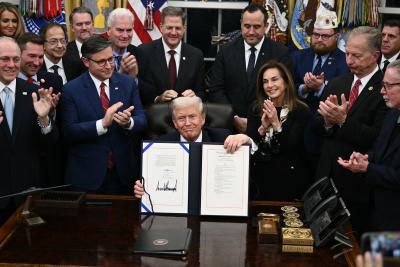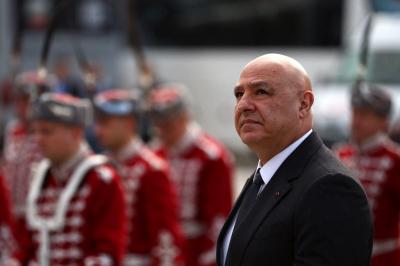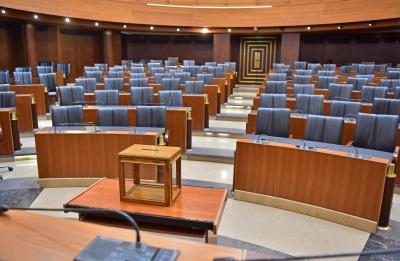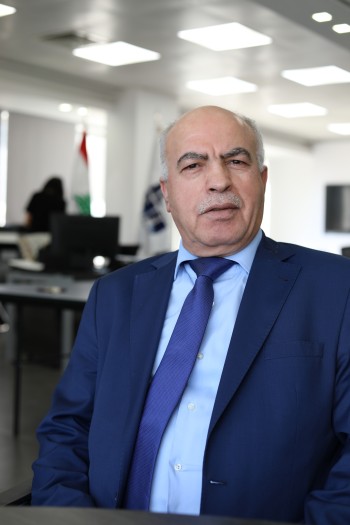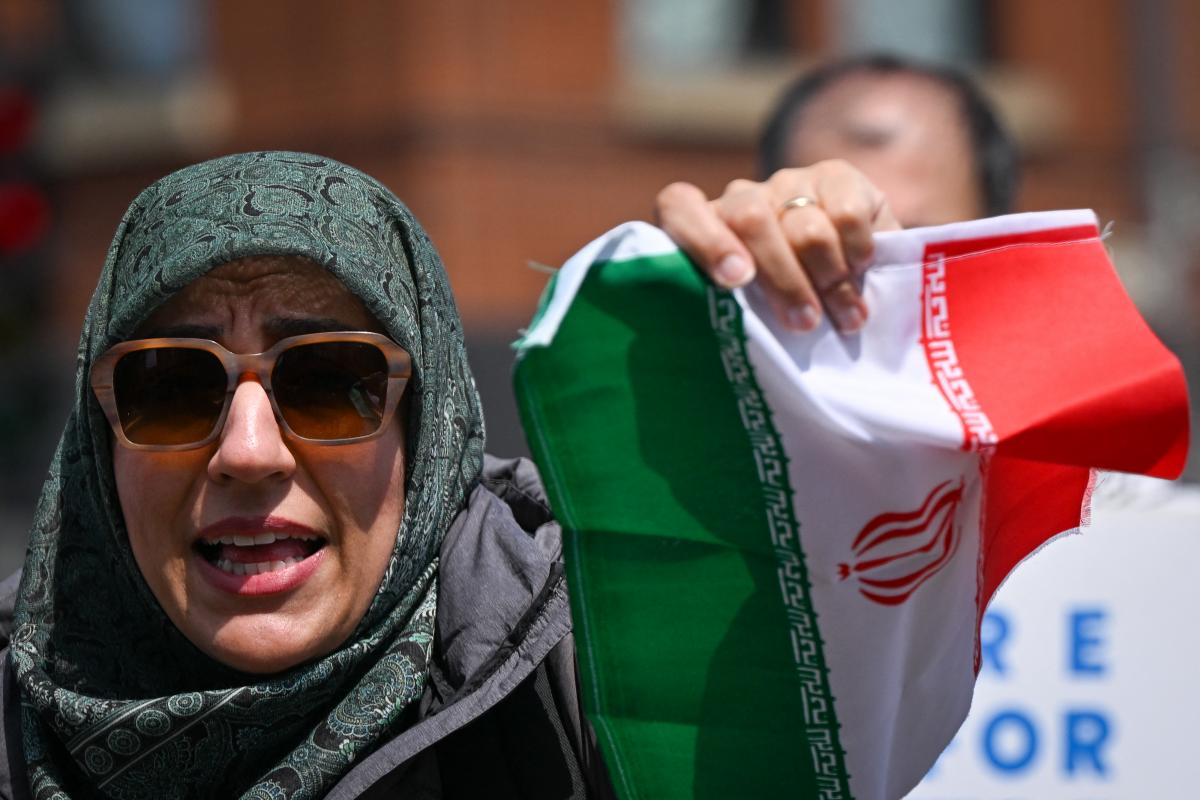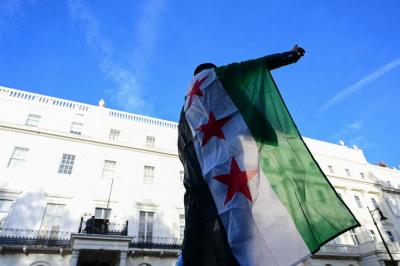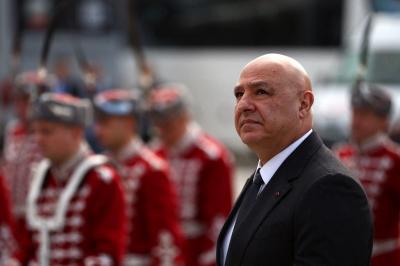Since the outbreak of the Iranian-Israeli war, speculation has abounded about the potential repercussions for Lebanon. The key question is whether "Hezbollah" will engage militarily in support of Iran, and, if so, how Israel might respond to such involvement.
Alongside these questions, various scenarios have been floated, including predictions that "Hezbollah" might join the conflict, which could prompt Israel to escalate its ongoing war against the group despite the ceasefire agreed upon on November 27 of last year. At the same time, politicians and officials have issued statements and warnings, cautioning "Hezbollah" about the potential consequences of any involvement on Iran’s side, especially since Israel has yet to implement the ceasefire or initiate reconstruction efforts.
Some voices have even called for accelerating the disarmament of "Hezbollah" under the pressure of the war against Iran, irrespective of the ongoing dialogue between President Joseph Aoun and "Hezbollah"’s leadership. That dialogue recently concluded with an agreement to leave the issue pending until diplomatic efforts succeed in securing Israel’s full withdrawal and implementing UN Resolution 1701, after which discussions on a national defense strategy — including the fate of the weapons — would proceed.
More precisely, certain political circles insist that "Hezbollah" would only join the war if Iran’s nuclear facilities were bombed, Supreme Leader Ayatollah Ali Khamenei assassinated, or the Iranian regime faced imminent collapse. In their view, "Hezbollah" is an integral part of Iran’s system — a de facto corps of the Revolutionary Guard — a characterization that "Hezbollah" repeatedly rejects. The group maintains that it is a resistance movement, supported by Iran and others, that was established to fight Israeli occupation of Lebanese land and to support the Palestinian cause. It points to its liberation of southern Lebanon in 2000, its defense against Israel’s 2006 offensive, and more recently, its "support war" for Gaza’s resistance and the painful blows it suffered during Israel’s subsequent assault — including the assassinations of its two secretary-generals, Hassan Nasrallah and Hashem Safieddine, along with most of its senior military leadership.
Since Israel launched its war on Iran, "Hezbollah" has adhered to what its circles describe as “constructive silence.” The group has limited itself to political statements of support and solidarity with Iran. It has stopped short of threatening military intervention, calculating that Lebanon’s current circumstances — particularly ongoing Israeli aggression — do not allow for any involvement. At the same time, "Hezbollah" faces external American and Western pressure aimed at disarming it before Israel withdraws and Resolution 1701 is implemented. Thus, the group has no intention of dragging Lebanon into war or provoking Israel to escalate its assault.
"Hezbollah" remains committed to this position, even in the face of the joint American-Israeli war on Iran and the strikes so far on Iranian nuclear, civilian, and military sites. The group is determined not to give the U.S. and Israel any pretext to intensify their campaign against it. It continues to support the Lebanese state’s efforts to complete Israel’s withdrawal from the remaining occupied hills. It urges the U.S. and French co-sponsors of the ceasefire monitoring committee to take more diplomatic action. The goal: compel Israel to withdraw, begin reconstruction, and avoid linking this process to the disarmament issue — as Washington and its allies are pressing Lebanon’s authorities to do. "Hezbollah" remains prepared to discuss a national defense strategy and the future of its weapons under the state’s authority once these conditions are met. No matter how events in Iran unfold, it will not hand Israel an excuse to derail the ceasefire agreement.
The group’s leadership is also baffled by claims that it has sent fighters to Iran. It points out that Iran is engaged in an air war, not a ground battle, and has not faced any land invasion that would require foreign assistance. Iran, after all, possesses enough military capacity to defend itself — as demonstrated during its eight-year war with Iraq, in which no ally or friend came to its aid on the battlefield.
All of this makes it likely that Lebanon will remain in a “sit and wait” position, watching to see how the American-Israeli war against Iran plays out and what impact it will have on the region as a whole. Many believe this war will reshape the Middle East — though not in the way Netanyahu envisions. Regional states are reassessing their positions, convinced that Iran’s fall would leave the entire region at Israel’s mercy. Netanyahu, emboldened by a “victor’s euphoria,” is bent on imposing his will on all, dismantling the two-state solution, rejecting the 2002 Arab Peace Initiative proposed by Saudi Arabia at the Beirut summit, and forcing a resolution of the Palestinian issue at the expense of all Arab states. Lebanon, Syria, Jordan, and Egypt would bear a heavy burden — particularly in light of longstanding plans, predating the Gaza war, to displace Palestinians from the West Bank to Jordan, from Gaza to Egypt, and beyond.
In short, Lebanon’s backing for Iran remains purely political, with no military support from "Hezbollah" on the table. For now, Lebanon stays on the waiting list, bracing for the fallout of a regional conflict that appears headed for deeper turmoil. The suicide bombing of worshippers at Damascus’s Mar Elias Church may be the first ominous sign of what’s to come.
Please post your comments on:
[email protected]
 Politics
Politics


